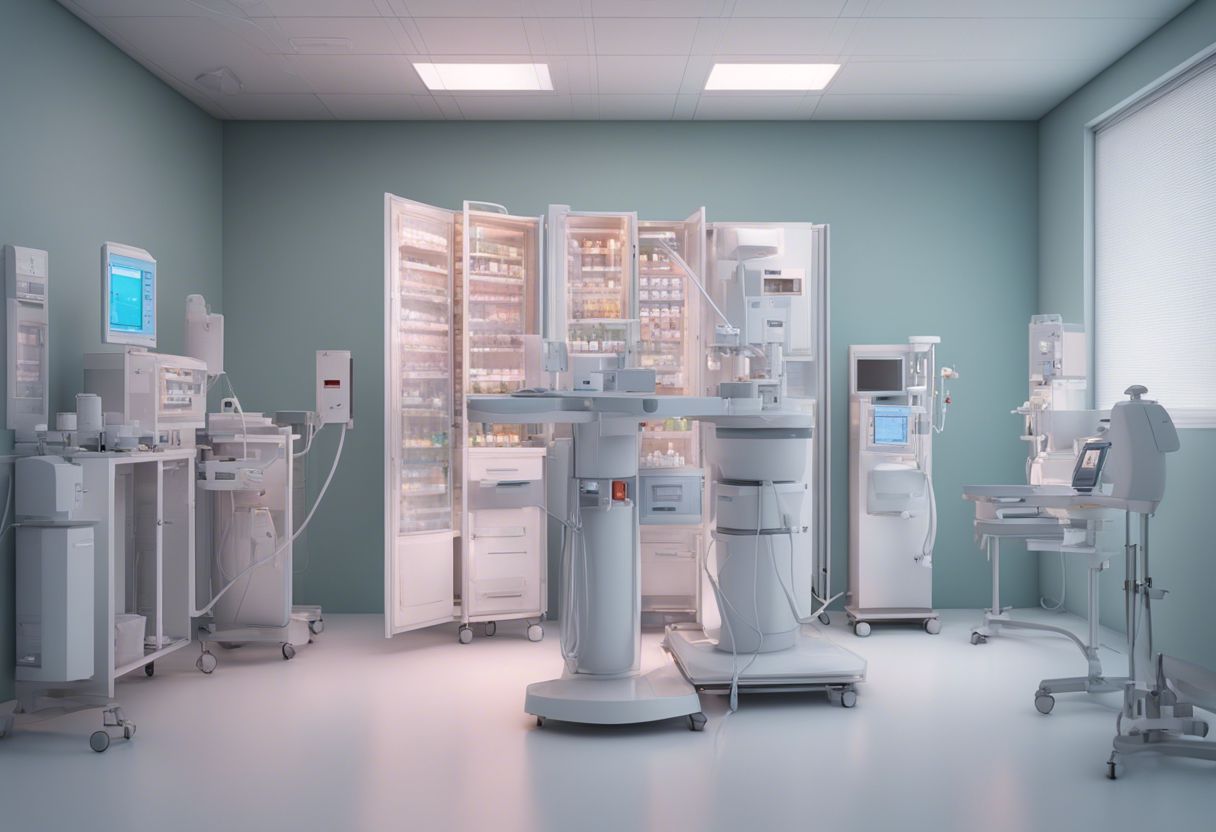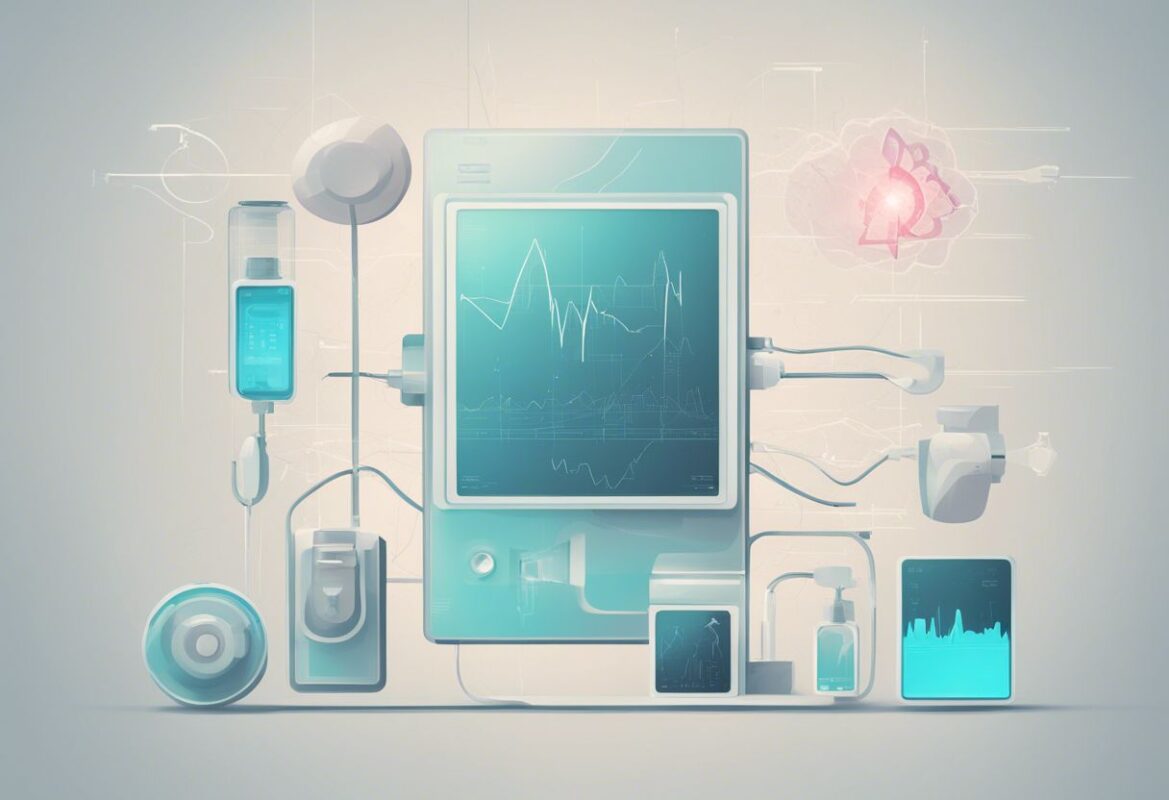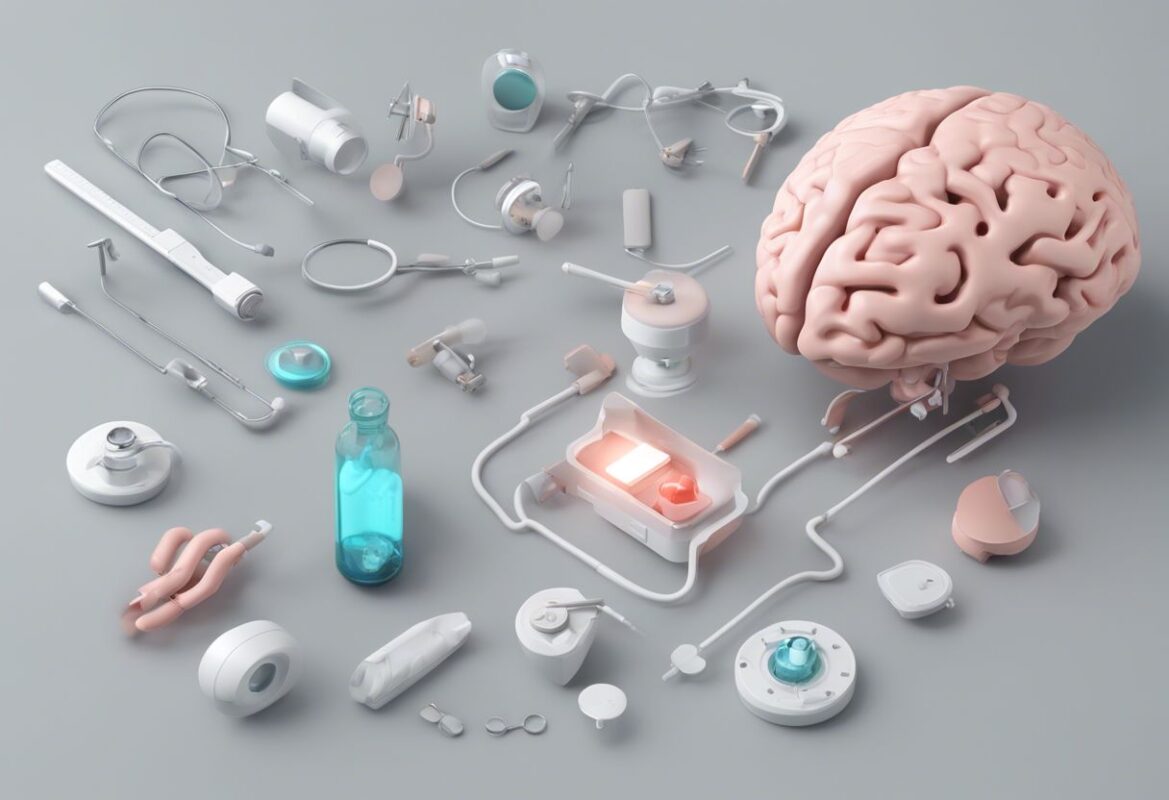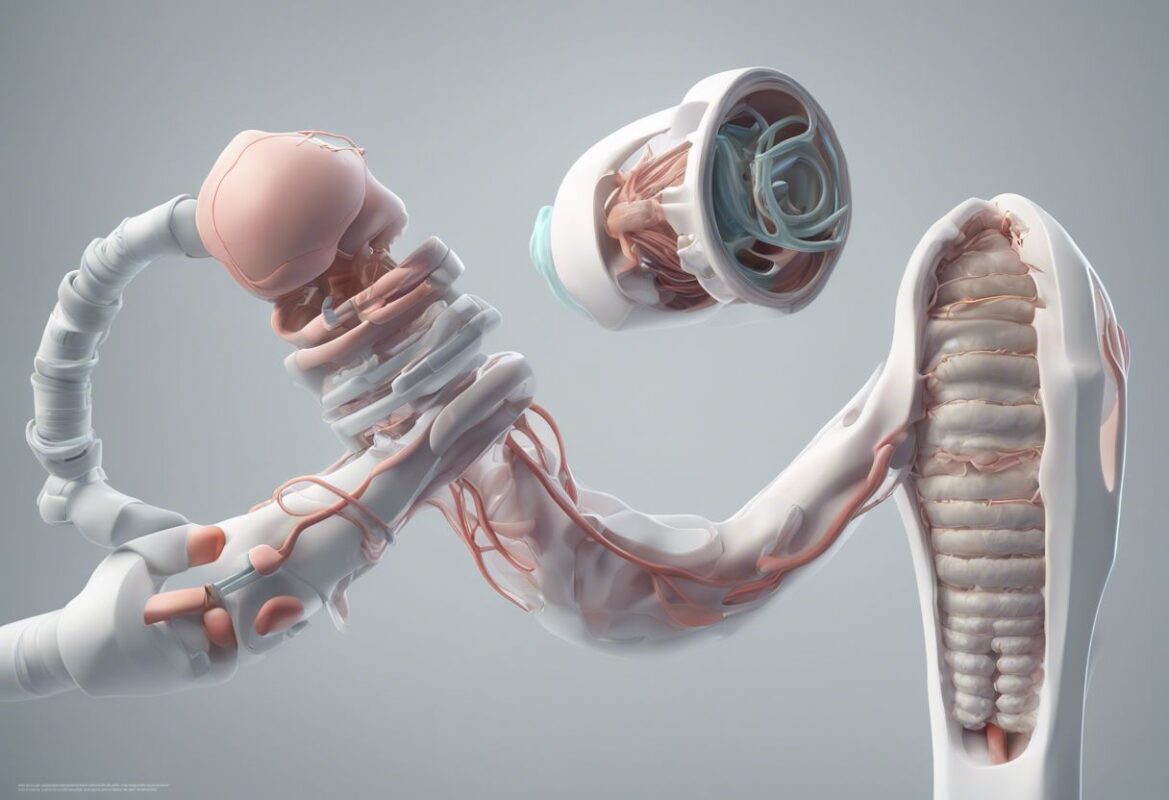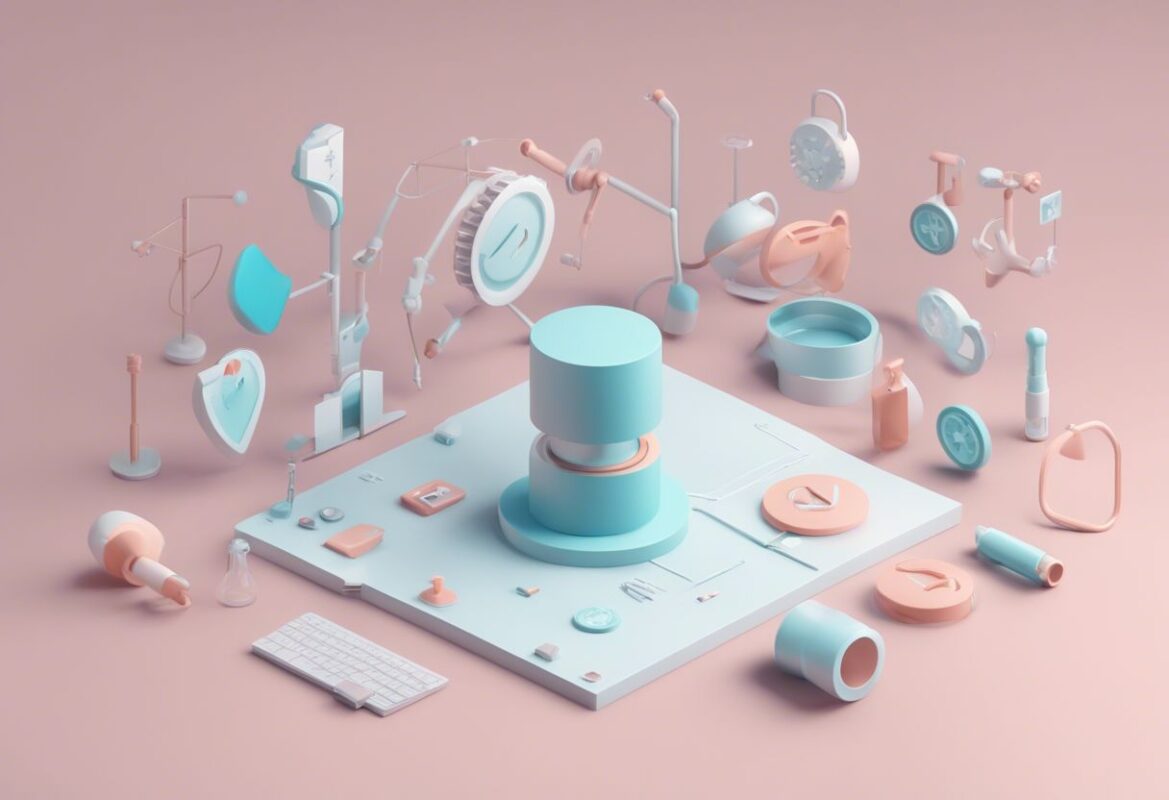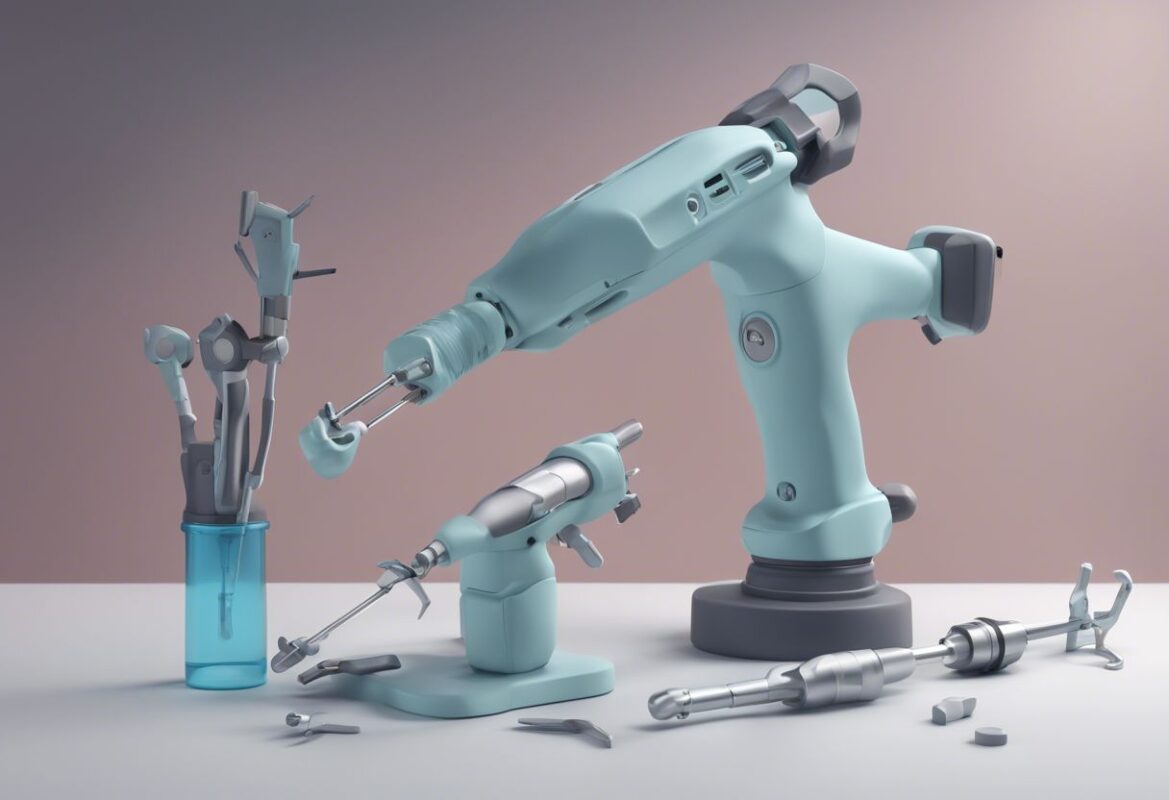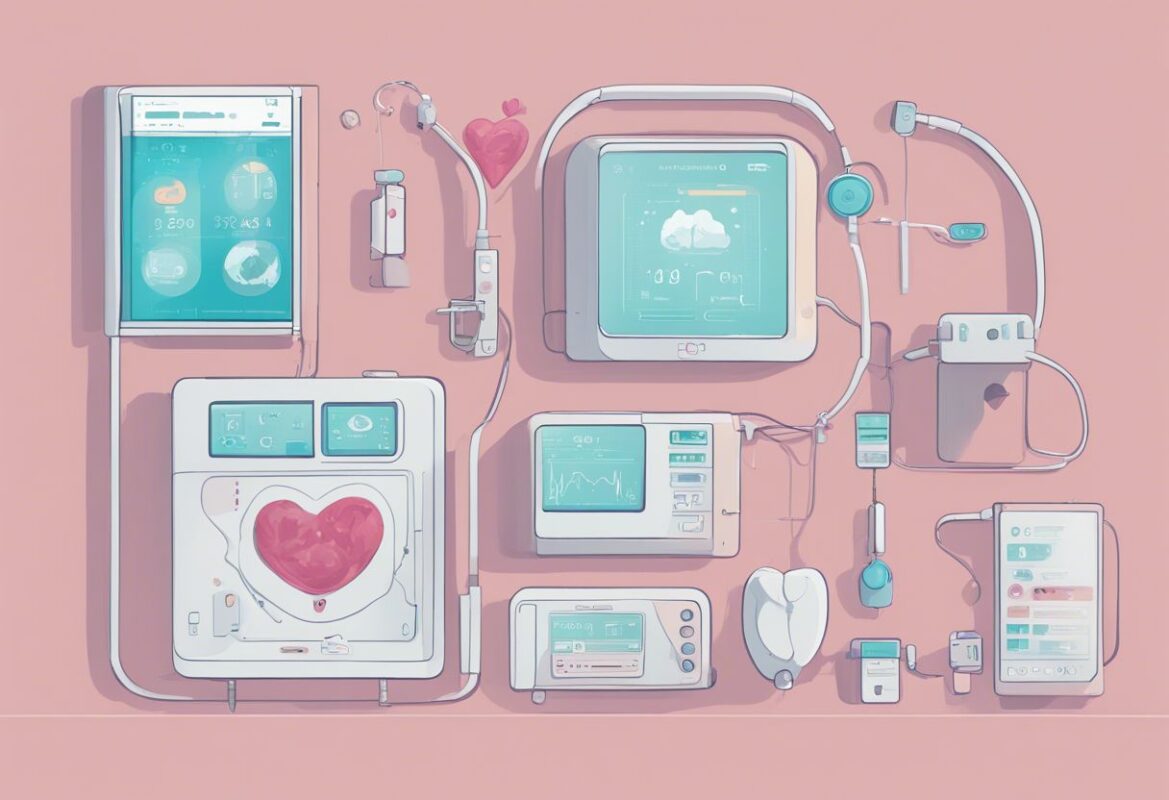Infusion systems are a cornerstone of modern medical care, enabling precise and controlled delivery of fluids, medications, and nutrients directly into a patient’s bloodstream. These systems are essential in various medical settings, from hospitals and clinics to home healthcare environments. This detailed post explores the different types of infusion systems, their applications, and the future trends shaping this vital field.
Understanding Infusion Systems
Infusion systems are medical devices designed to administer fluids in a controlled manner. They are used for a wide range of therapeutic purposes, including hydration, medication delivery, chemotherapy, and nutritional support.
Key Characteristics of Infusion Systems
- Precision: Accurate control over the flow rate and dosage.
- Safety: Features to prevent errors and ensure patient safety.
- Efficiency: Automated systems that reduce the need for manual intervention.
- Versatility: Ability to handle various types of fluids and medications.
Types of Infusion Systems and Their Applications
1. Intravenous (IV) Infusion Pumps
Overview
IV infusion pumps are used to deliver fluids and medications directly into the bloodstream. These pumps can be programmed to deliver precise amounts of fluids over specific time periods.
Types
- Volumetric Pumps: Deliver a set volume of fluid at a predetermined rate.
- Syringe Pumps: Use a syringe to push small, precise amounts of medication.
- Patient-Controlled Analgesia (PCA) Pumps: Allow patients to self-administer pain medication within preset limits.
Applications
- Administration of medications, including antibiotics, chemotherapy, and pain management.
- Hydration therapy for patients unable to take oral fluids.
- Delivery of nutrients to patients with gastrointestinal disorders.
2. Enteral Feeding Pumps
Overview
Enteral feeding pumps deliver nutrition directly to the gastrointestinal tract through a feeding tube, essential for patients who cannot eat by mouth.
Types
- Continuous Feeding Pumps: Provide a steady flow of nutrition over an extended period.
- Intermittent Feeding Pumps: Deliver nutrition at set intervals, mimicking normal eating patterns.
Applications
- Nutritional support for patients with swallowing disorders, neurological conditions, or severe illness.
- Long-term care for patients with chronic conditions affecting the gastrointestinal tract.
3. Insulin Pumps
Overview
Insulin pumps are used to deliver insulin to patients with diabetes, providing a more flexible and precise method of managing blood glucose levels.
Types
- Traditional Insulin Pumps: Deliver a continuous infusion of insulin with the ability to administer bolus doses at mealtimes.
- Patch Pumps: Small, wearable pumps that deliver insulin without the need for tubing.
Applications
- Management of type 1 diabetes and insulin-dependent type 2 diabetes.
- Improved glycemic control and flexibility in lifestyle and diet.
4. Ambulatory Infusion Pumps
Overview
Ambulatory infusion pumps are portable devices that allow patients to receive continuous or intermittent infusion therapy while on the move.
Types
- Elastomeric Pumps: Use the elasticity of a balloon-like reservoir to deliver fluids at a consistent rate.
- Electronic Pumps: Battery-operated pumps with programmable settings for precise delivery.
Applications
- Chemotherapy administration in outpatient settings.
- Pain management for patients with chronic pain.
- Antibiotic therapy for patients requiring long-term treatment.
Benefits of Infusion Systems
Precision and Accuracy
Infusion systems provide precise control over the rate and volume of fluid delivery, ensuring that patients receive the correct dosage of medications and nutrients. This accuracy is critical in treatments where even slight variations can impact efficacy and safety.
Enhanced Patient Safety
Modern infusion systems come equipped with safety features such as alarms, flow sensors, and automatic shut-off mechanisms to prevent over-infusion, under-infusion, and air embolism. These features help reduce the risk of errors and improve patient safety.
Improved Efficiency
Automated infusion systems reduce the need for manual intervention by healthcare providers, allowing for continuous and consistent delivery of therapy. This efficiency frees up medical staff to focus on other critical aspects of patient care.
Versatility in Treatment
Infusion systems are versatile tools that can handle a wide range of therapeutic fluids, from hydration solutions and medications to complex nutritional formulas. This versatility makes them indispensable in various medical settings.
Enhanced Patient Comfort and Mobility
Portable and ambulatory infusion pumps enhance patient comfort and mobility, allowing individuals to continue their daily activities while receiving necessary treatments. This capability is particularly beneficial for patients undergoing long-term therapies.
Future Trends in Infusion Systems
Integration with Digital Health Technologies
- Innovation: Infusion systems integrated with digital health technologies, such as mobile apps and cloud platforms, enable remote monitoring and management of infusion therapy.
- Impact: Enhanced data tracking, real-time adjustments, and improved patient outcomes through personalized care plans.
Smart Infusion Systems
- Innovation: Development of smart infusion systems equipped with artificial intelligence (AI) and machine learning algorithms to optimize infusion therapy.
- Impact: Predictive analytics, automated adjustments, and improved accuracy in medication delivery.
Wearable and Miniaturized Devices
- Innovation: Advancements in miniaturization and wearable technology lead to smaller, more discreet infusion pumps.
- Impact: Increased patient adherence, comfort, and convenience, particularly for those requiring continuous therapy.
Enhanced Safety Features
- Innovation: Incorporation of advanced safety features, such as closed-loop systems that automatically adjust dosages based on real-time patient data.
- Impact: Reduced risk of medication errors and enhanced patient safety.
Sustainable and Eco-Friendly Solutions
- Innovation: Development of eco-friendly infusion systems made from sustainable materials and designed for minimal environmental impact.
- Impact: Reduced carbon footprint and alignment with global sustainability goals.
Conclusion
Infusion systems are integral to modern healthcare, providing precise and controlled delivery of medications, nutrients, and fluids. These systems enhance patient care by ensuring accurate dosages, improving safety, and increasing efficiency in medical treatments. As technology continues to advance, the future of infusion systems promises even greater innovations, such as smart infusion pumps, digital integration, and wearable devices. By staying informed about these developments, healthcare providers can offer the highest standard of care, ensuring better outcomes and improved quality of life for patients.







